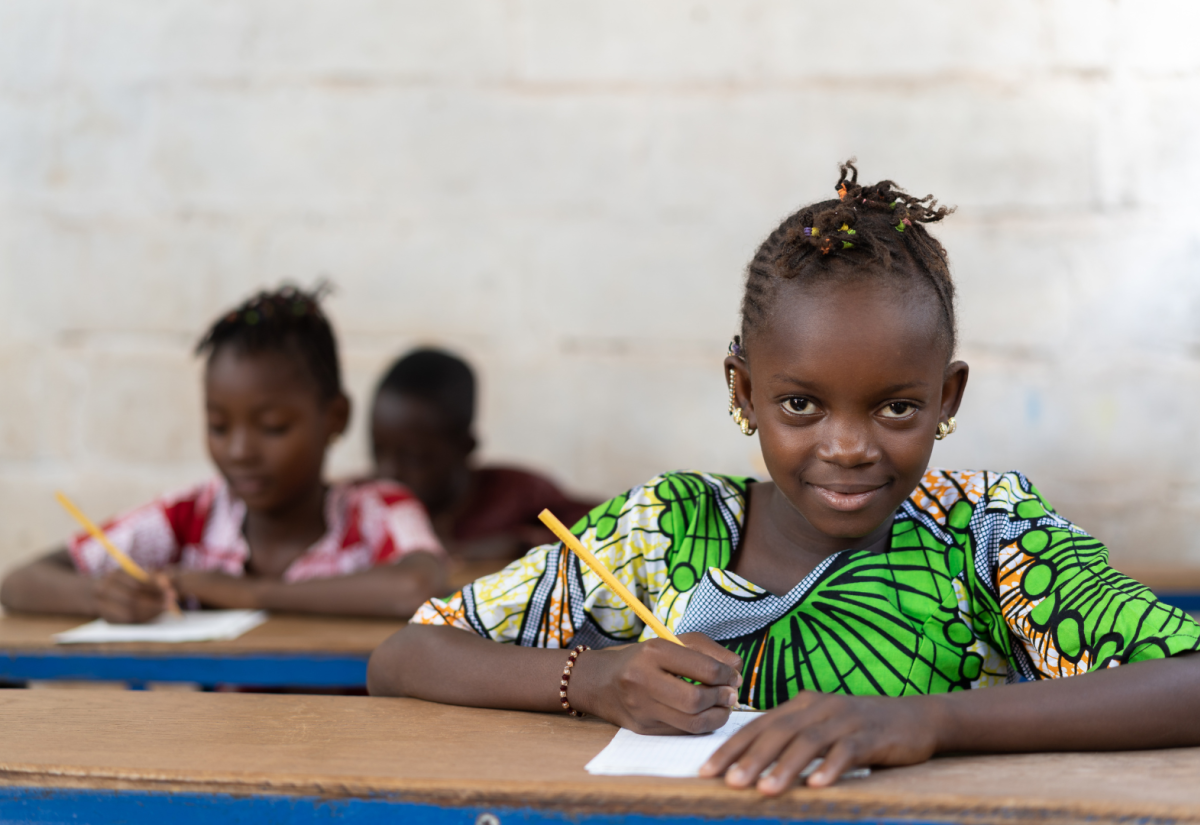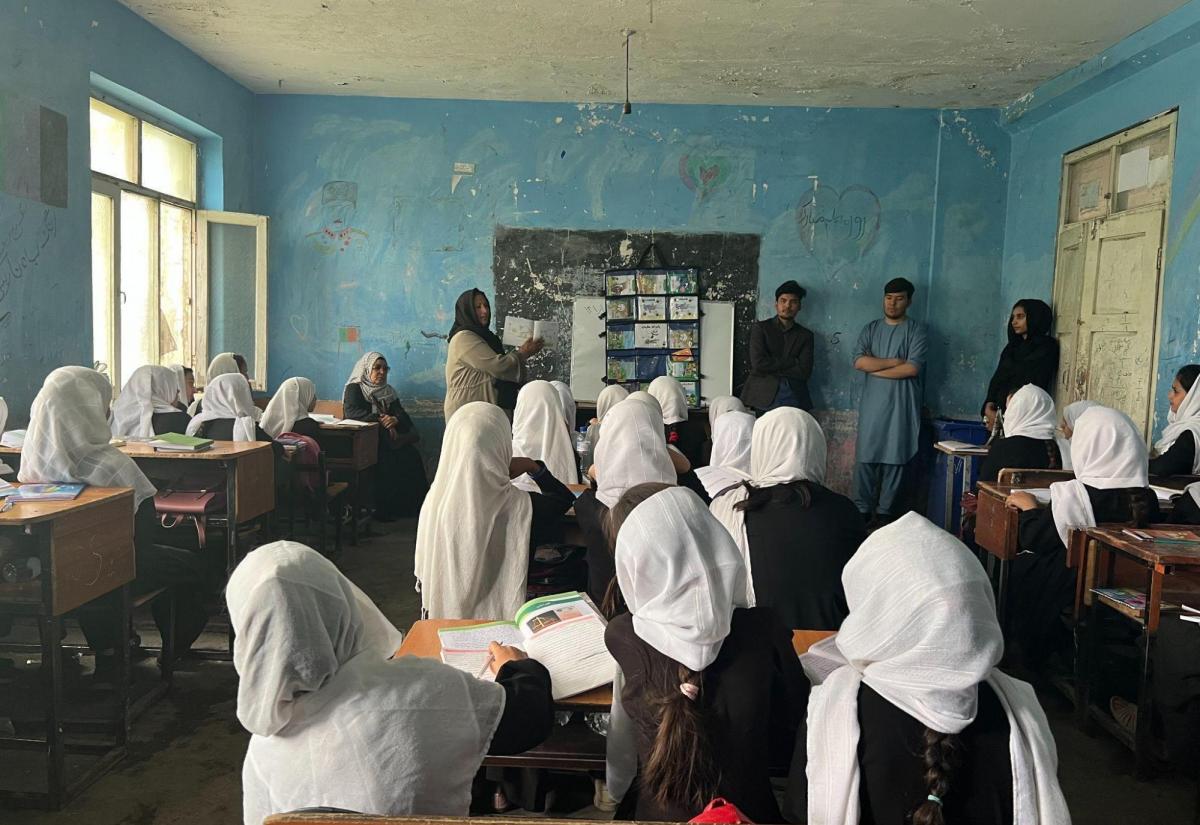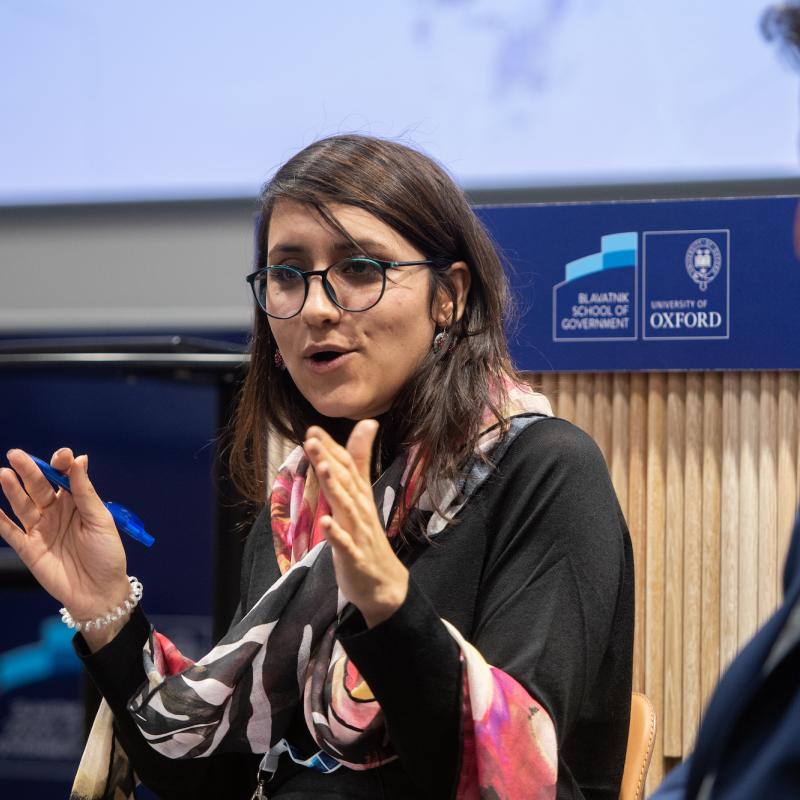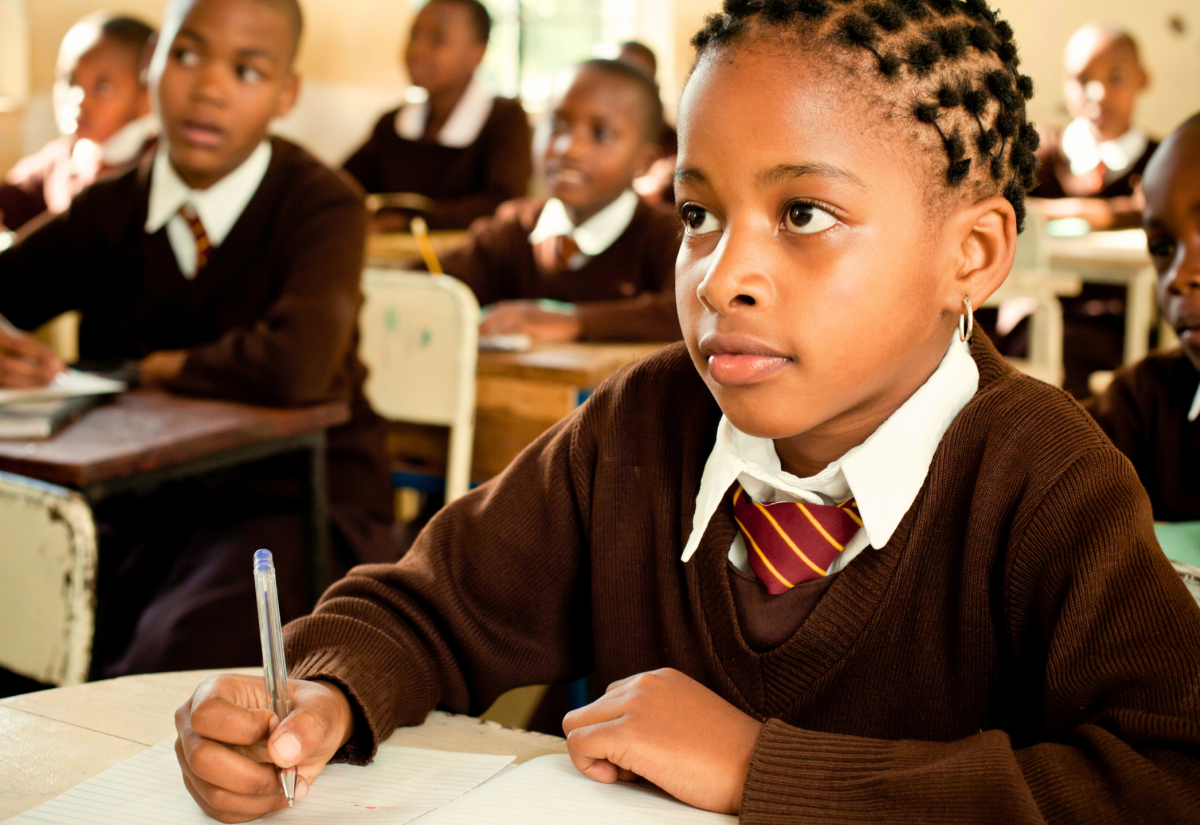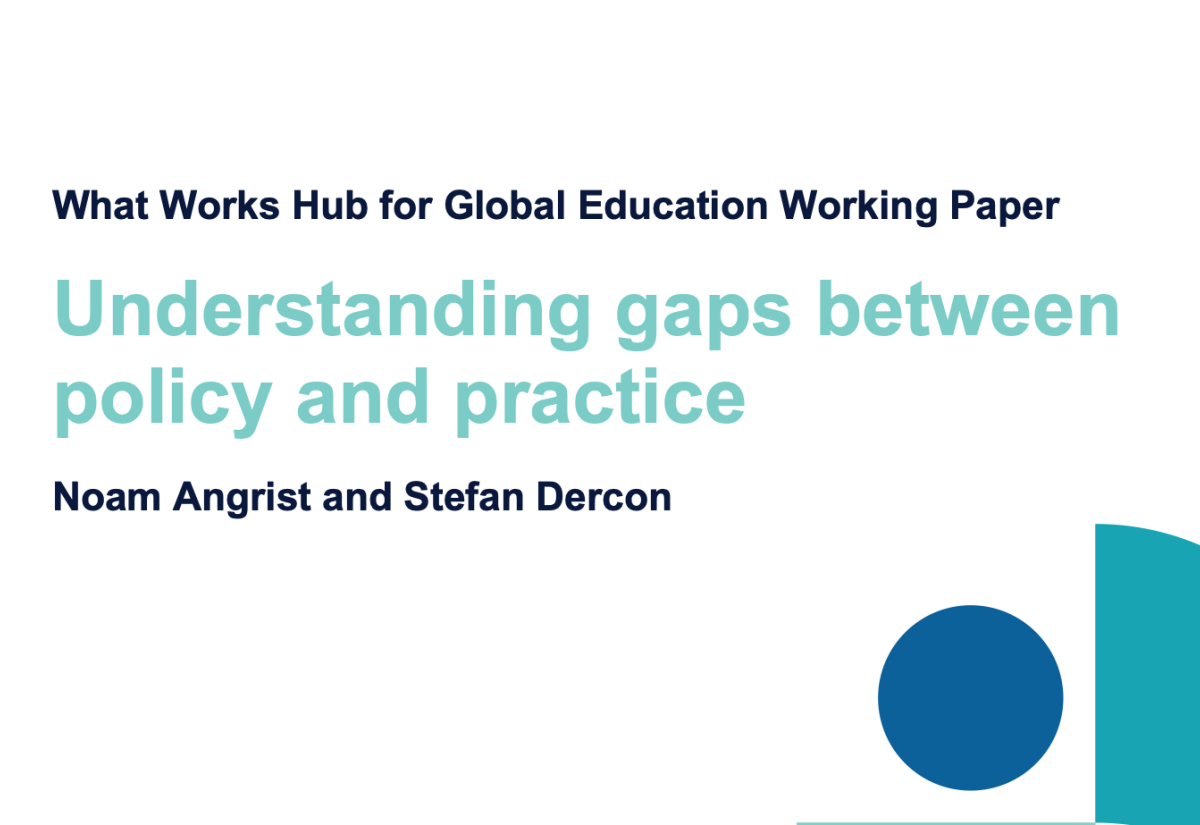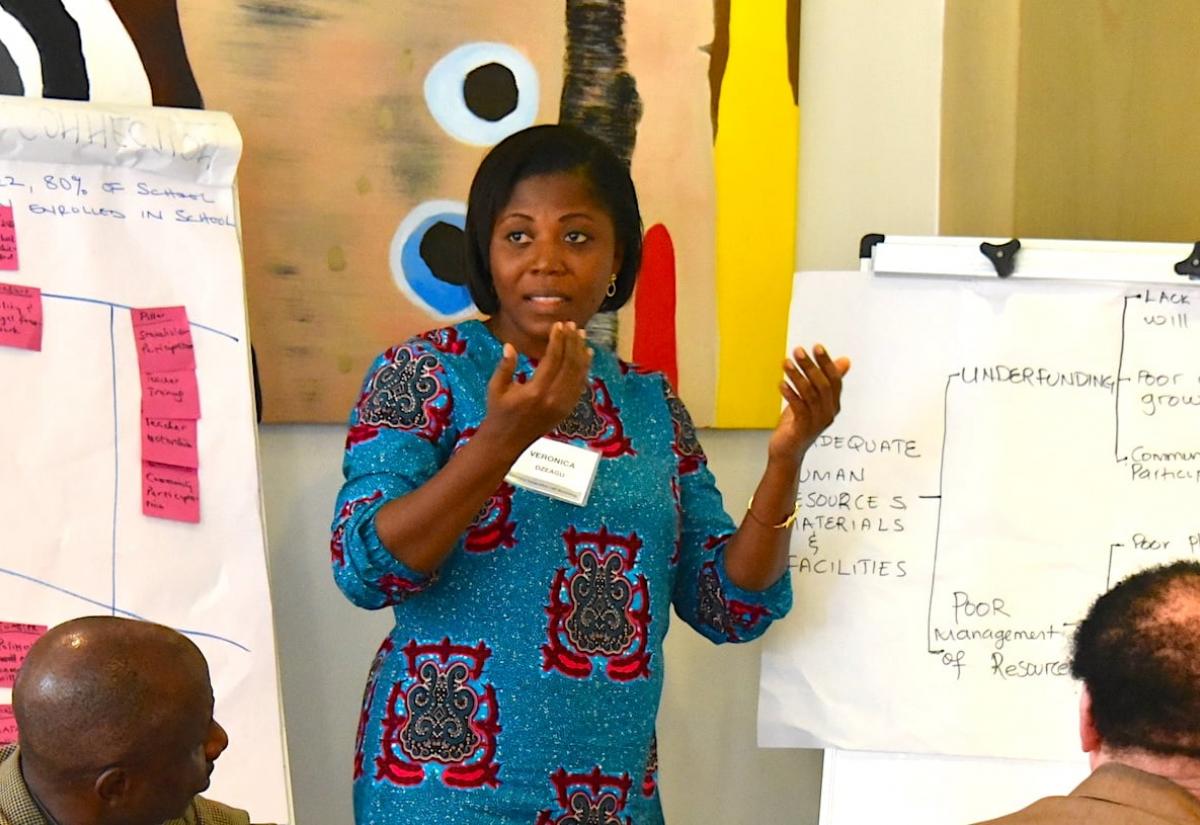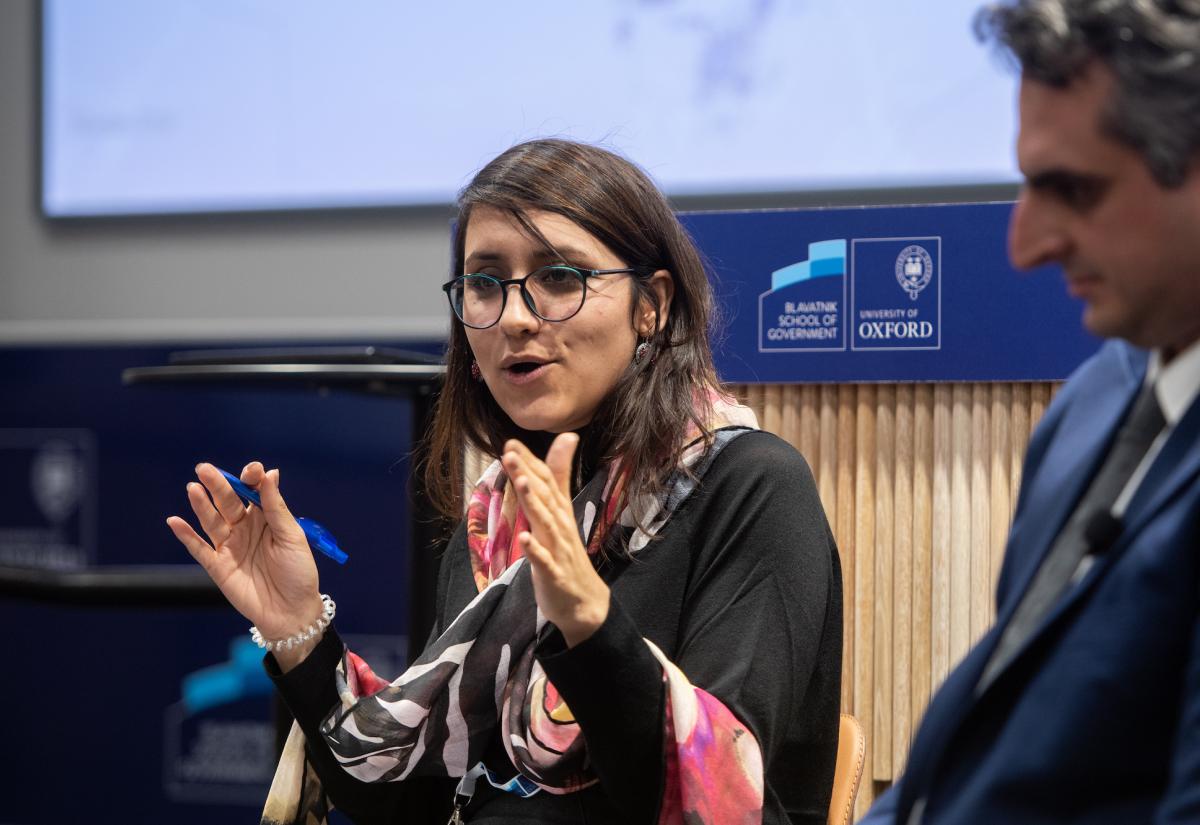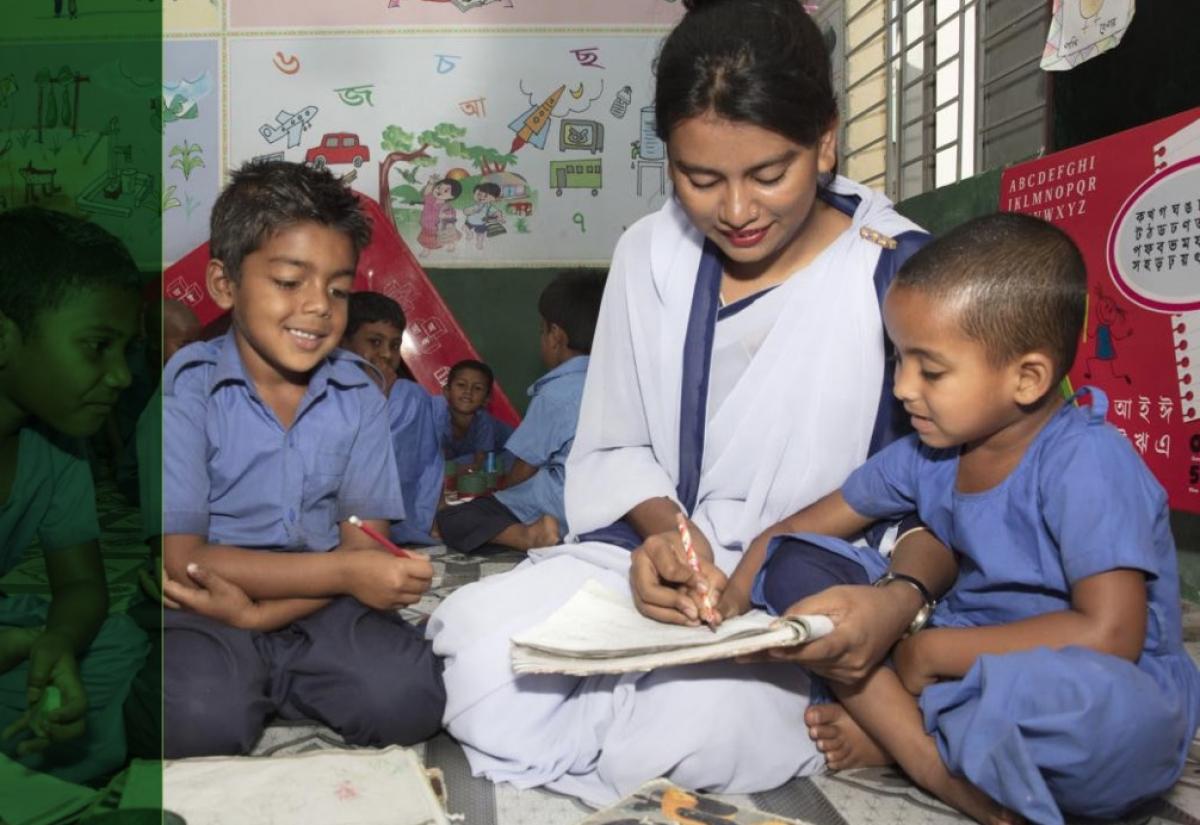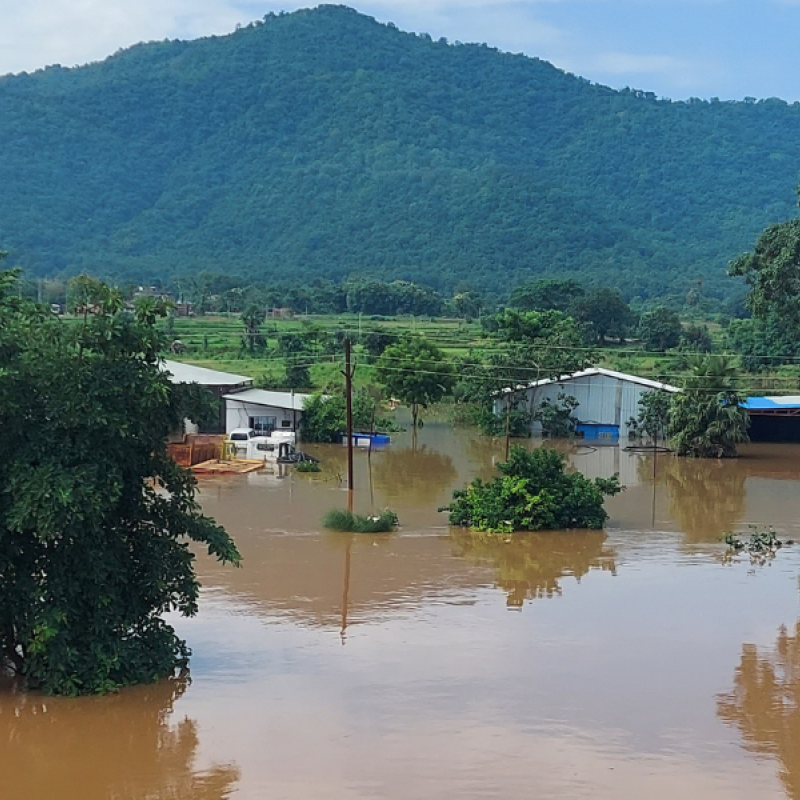Education is the foundation of success, both for individuals and societies. Increasing literacy, numeracy and other key skills in low- and middle-income countries is urgent. Progress on getting children into school is not enough: many are in school, but are not learning. This learning crisis demands urgent action, and we are responding.
FEATURED
PROGRAMMES AND PROJECTS
LATEST NEWS
VOICES BLOG
PUBLICATIONS
-
-
-
-
-
-
Implementation Matters: Generalising Treatment Effects in Education
Targeted instruction is one of the most effective educational interventions in low- and middle-income countries, yet reported impacts vary by an order of magnitude. We study this variation and use the results to inform a new randomised trial.
Noam AngristRachael Meager -
Deliberate disrupters: Can delivery approaches deliver better education outcomes?
Read the DeliverEd project's final report Deliberate disrupters.
Abril IbarraNeelofar JavaidBruce Ross-Larson -
-
-
Command and can’t control: an evaluation of centralised accountability in the public sector
High-frequency granular data can enable senior government officials to hold poorly performing members of the service delivery chain to account; however, centralised management must translate large volumes of data into appropriate management actions to be effective.
Saad GulzarJuan Felipe LadinoMuhammad Zia MehmoodDaniel Rogger -
-
A case study of the Sierra Leone delivery unit
This note on policy delivery in Sierra Leone is one of a series of research products that are being produced as part of the DeliverEd Initiative. This note is based on a qualitative analysis of a small number of semi-structured interviews with government officials and partner organizations working with the delivery unit.
Kate AndersonAbril IbarraNeelofar Javaid -
-
DeliverEd report: A Global Mapping of Delivery Approaches
Dana QaroutLiah Yecalo-Tecle Martin WilliamsVeronika DvorakovaZahra MansoorKate AndersonCeleste Carano -
-
New evidence on trajectories in a low-income setting
Natalie BauJishnu DasAndres Yi Chang -
-
-
The myth of teacher shortage in India
Sandip DattaGeeta Kingdon -
Understanding achievement in numeracy among primary school children in Ethiopia: evidence from RISE Ethiopia study
Dawit Tibebu TirunehJohn HoddinottCaine RollestonRicardo SabatesTassew Woldehanna -
-
-
-
Researching socio-emotional learning, mental health and wellbeing: methodological issues in low-income contexts
Stephen BayleyDarge Wole MesheshaLouise YorkePaul RamchandaniPauline Rose -
-
-
The importance of students’ socio-emotional learning, mental health, and wellbeing in the time of COVID-19
Louise YorkePauline RoseStephen BayleyDarge Wole MesheshaPaul Ramchandani -
-
What do local government education managers do to boost learning outcomes?
Jacobus CilliersEric DunfordJames Habyarimana -
Personnel management and school productivity: evidence from India
Renata LemosKarthik MuralidharanDaniela Scur -
-
Inequalities in learning in Vietnam: teachers’ beliefs about and classroom practices for ethnic minorities
Joan DeJaeghereVu DaoBich-Hang DuongPhuong Minh Luong -
Promoting parental involvement in schools: evidence from two randomized experiments
Felipe Barrera-OsorioPaul GertlerNozomi NakajimaHarry Patrinos -
-
The challenge of delivering for learning
Kate AndersonCeleste Carano -
-
Can virtual replace in-person coaching? Experimental evidence on teacher professional development and student learning
Jacobus CilliersBrahm FleischJaneli KotzéNompumelelo MohohlwaneStephen TaylorTshegofatso Thulare -
-
-
-
-
A sector hanging in the balance: early childhood development and lockdown in South Africa
Gabrielle WillsJaneli KotzéJesal Kika-Mistry -
-
System constraints facing teacher professional development in a middle-income country: Indonesia's experience over four decades
Shintia RevinaRezanti Putri PramanaRizki FillailiDaniel Suryadarma -
-
-
-
-
-
-
-
Stemming learning loss during the pandemic: a rapid randomised trial of a low-tech intervention in Botswana
Noam AngristPeter BergmanCaton BrewsterMoitshepi Matsheng -
Education during the COVID-19 crisis
Raluca DavidToby PhillipsArnaldo PelliniKaty Jordan -
-
-
How to improve teaching practice? Experimental comparison of centralized training and in-classroom coaching
Jacobus CilliersBrahm FleischCas PrinslooStephen Taylor -
Upping the ante: The equilibrium effects of unconditional grants to private schools
Tahir AndrabiJishnu DasAsim I. KhwajaSelcuk OzyurtNiharika Singh -
-
-
The Politics of Transforming Education In Ecuador: Confrontation and Continuity, 2006-17
Ben Ross Schneider, Pablo Cevallos Estarellas, Barbara Bruns -
-
-
-
-
RESEARCH UPDATES


